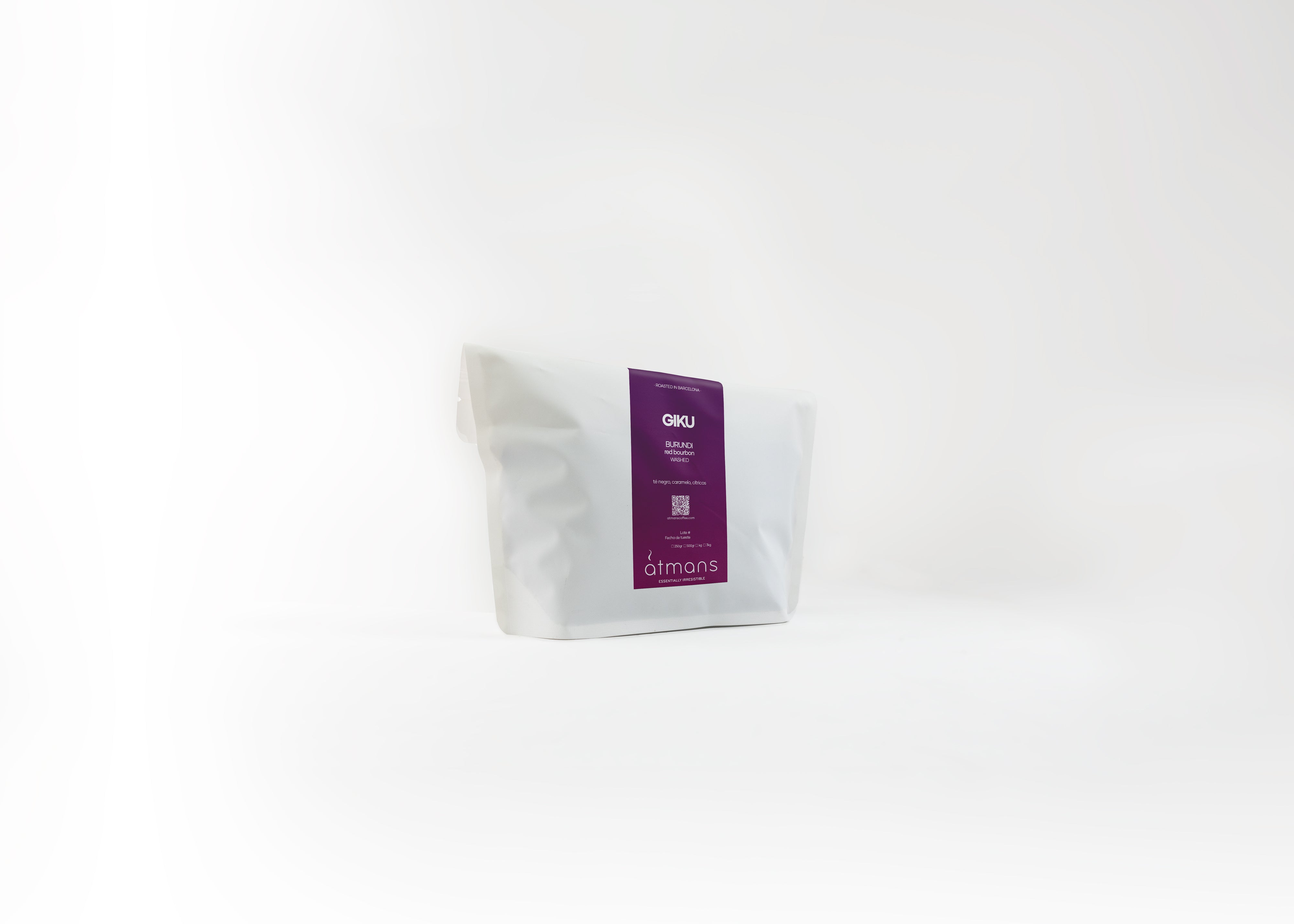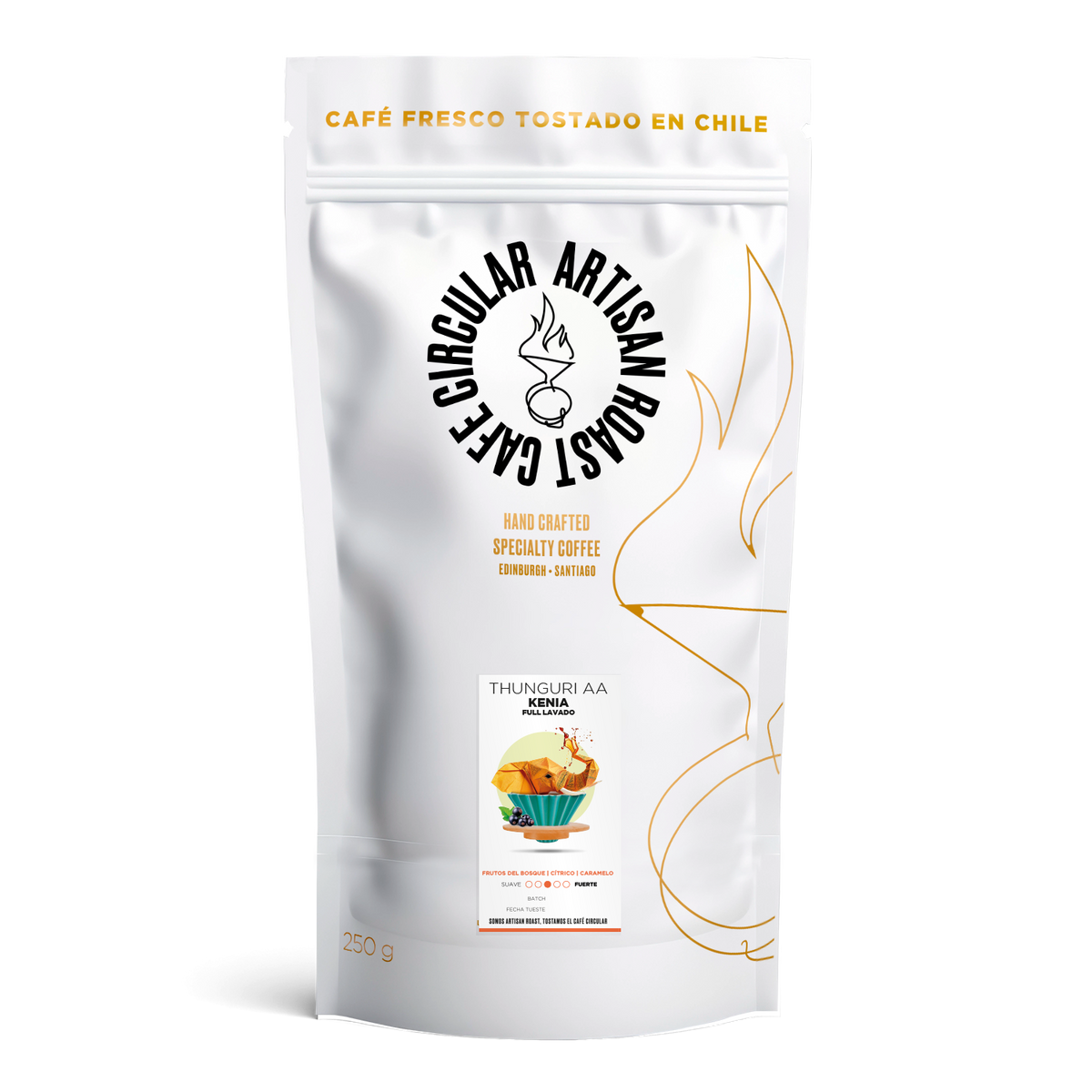
Giku, Burundi
Description
A 15km long stretch of dirt road runs between the Long Miles Bukeye washing station and Giku Hill. To get here you have to cross two rivers and pass through two provincial borders. Although there are many small rivers running through this region, the communities living here have little access to clean water and are far from the reach of electricity. Coffee is the most important crop grown on the hill, competing closely with maize and beans. The fringes of the Kibira forest, Burundi’s only indigenous rainforest, loom 54km away. This is the first year that naturally processed microlots have been produced on Giku Hill. It has been challenge after challenge trying to bring a washing station closer to Giku. Coffee farming families in this region have delivered their cherries to the Bukeye washing station or the nearest Long Miles collection point for years, often travelling over 3h by foot to reach these sites. Beginning to build Ninga, Long Miles Coffee’s third washing station, coffee farmers will walk or cycle the day’s cherry harvest to the Ninga washing station. During the natural process, coffee cherries are floated and sorted by hand, then taken directly to drying tables. The whole coffee cherry spends between 25-30 days drying with its skin, slowly turning from a deep red to a prune-like purple-black color when fully dried, reaching the desired moisture level of 10.5%. Salvator is one of the Coffee Scouts working alongside coffee farming families on Giku Hill. He has been empowering farmers with sustainable farming practices, helping them understand the importance of planting shade trees, growing green manures, mulching their land, and pruning coffee trees seasonally. During the coffee harvest, he is at the farmers’ side, guiding them through the cherry picking process.
Origin
Purchase
Similar Beans
Based on tasting notes and processing method



